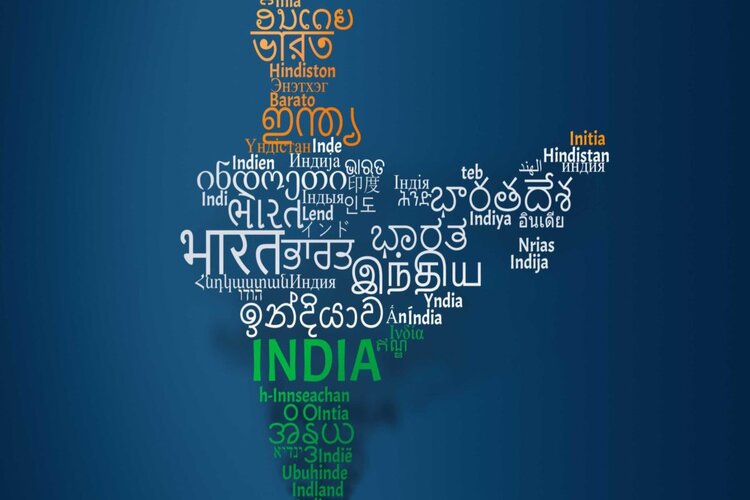Engineering Education: Students can now opt to study in Regional languages
Ministry of education has allowed engineering colleges to initiate regional languages as the medium.

Engineering is one of the most commonly opted subject for students after passing class 12th with Science stream. However, until now the medium of instruction for the education has been in English only. Which becomes difficult for the students with non English background to cope with technical study.
Ministry of Education has prepared a roadmap to impart the technical education in mother tongues also. It will help students to study in their regional languages and excel in their career. “Translating learning resources including reference materials in regional languages is the way forward”, says Virendra Kumar Tewari, director, IIT Kharagpur. “The IITs have already started working with the All India Council of Technical Education (AICTE) towards AI-based multilingual translation of the learning resources of various engineering subjects. These resources can be made available as class notes and in the library.”
“Till date many students have suffered academically due to mandatory educational communication in the English language that disrupted the process of learning. But, when explained in regional languages, especially mother tongue, grabbing the concepts becomes easier for them.” Tewari concluded.
Regional language a challenge
Following the guidelines of National Education Policy many faculty members are worried about such a big change on a short notice and how it will be impacting the future of students.
“Who will offer job to a BTech in Odia? May be they can try and get job in state government. I don’t know. Will multinational companies hire them? Students come to IITs with dreams of getting a lucrative job offer in industry,” a senior faculty member at IIT.
National Board of Accreditation (NBA) certified engineering colleges are allowed to start regional language division.
A senior official from the Higher Education Department said that as part of the New Education Policy (NEP), AICTE constituted the “Prem Vrat” committee to make recommendations in respect to higher and technical education. The official said, “However, institutions should also make arrangements for compulsory English language graded course to let the students get accustomed and proficient in English as well.” “By the time students complete graduation in the regional language, they will be better trained in English,” he said. “Translated work is expected to empower students and provide a more enabling environment to pursue higher education,” he concluded.







